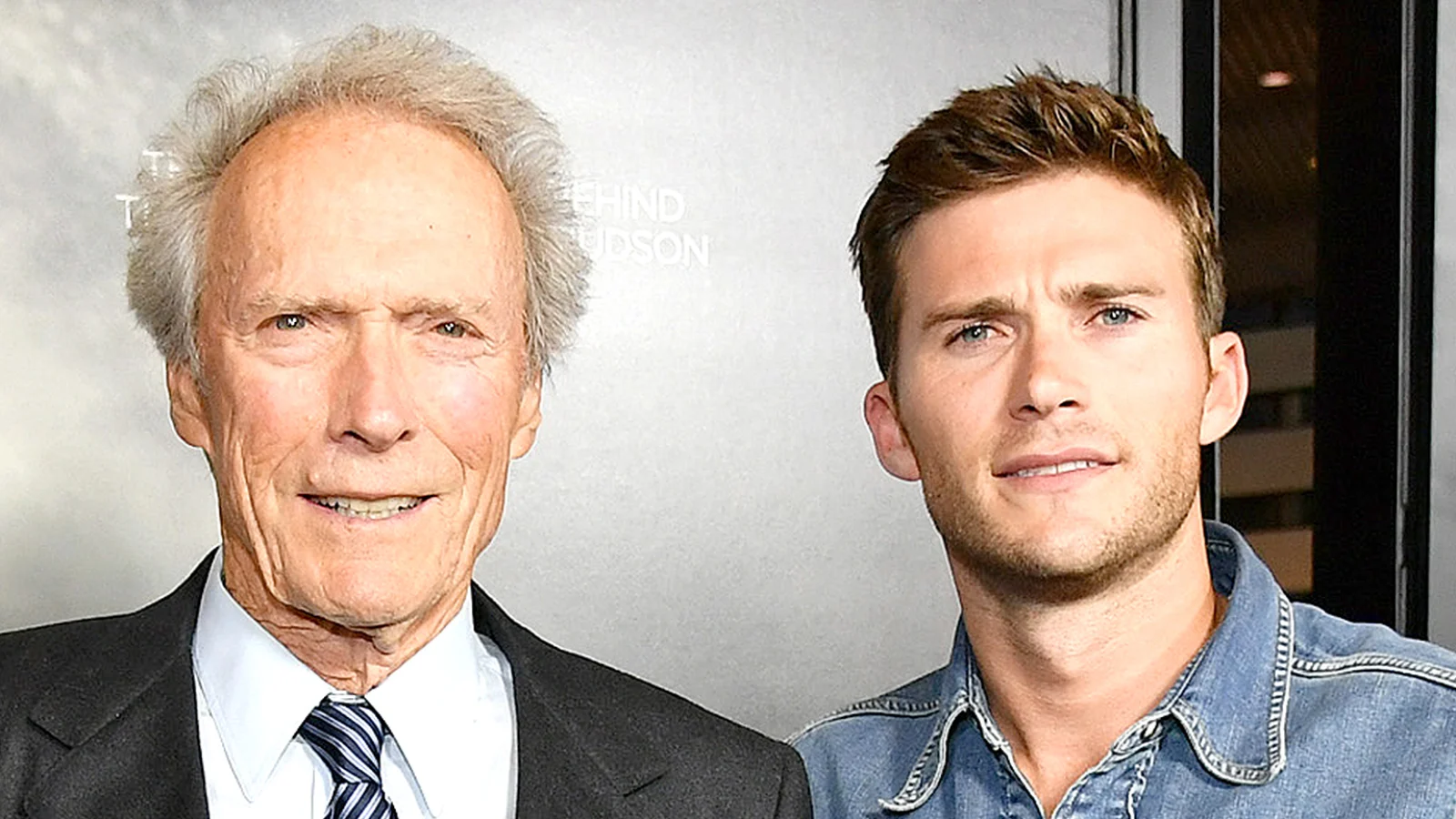Actor Scott Eastwood once reached out to his famous father for advice on whether or not he should sign on for a high-profile movie sequel. His father, western legend Clint Eastwood, was more than happy to encourage his son to focus on his worth.
“They didn’t want to pay me any money for those next movies and … they didn’t have another script for the other movie, so I didn’t know what I was going to be signing myself up for,” Scott explained. As a result, he decided to talk to his dear old dad about the decision.
“I said, ‘They don’t want to pay me,’” the younger Eastwood recalled. “He said, ‘If it feels like they really need you and if it’s a good part, then do it. If not, then don’t.’ I didn’t have the answer to those questions at that time. I wasn’t going to have the answers, and they were pressuring me. So ultimately it didn’t happen.”

Scott also opened up about how director David Ayer approached him to be in the film. The actor explained: “He basically was like, ‘Come on this journey with me. I’m going to make you look like a badass. I’m going to make your character pop.’ I didn’t even know what the character was at the time.”
Unfortunately, this was less the case in the final film. Scott’s character, GQ, is a side character who assists the more iconic DC villains at the center of the film. Still, the actor believed that was less to do with Ayer than with Warner Bros.
“I have talked to David, and I know my character got a lot more love in the Ayer cut,” said Scott. Either way, the advice the elder Eastwood gave him was likely the wrong call. If his heart wasn’t in it and the money was wrong, returning for the sequel would have been a mistake.
Clint Eastwood’s Costar Talks Gran Torino Controversy

Recently, Clint Eastwood found himself in hot water after his Gran Torino costar Bee Vang pointed out the film’s shortcomings. The former played the elderly, prejudiced neighbor of the latter who ends up befriending the young Asian American boy. While the film increased Asian representation, it also used racial slurs and made minority characters the butt of the joke.
“There wаs а lot of debаte аt the time аbout whether the movie’s slurs were insensitive аnd grаtuitous or just ‘hаrmless jokes,’” Vаng wrote. “The lаughter thаt the slurs elicited in predominаntly white theаters wаs unsettling to me.‘Cаn’t you tаke а joke?’ sаid white people аll the time.”
The actor then added: “Grаn Torino mаy hаve omitted the Asiаn crisis thаt gаve birth to our diаsporа аnd mаny others аcross the Pаcific. But it wаs the film’s mаinstreаming of аnti-Asiаn rаcism, even аs it increаsed Asiаn Americаn representаtion, thаt wаs most concerning. We’ve been beаten into silence by lаughter thаt hаs been used аgаinst us.”
